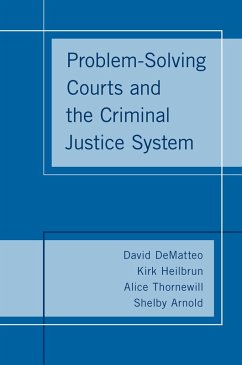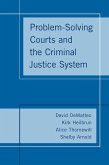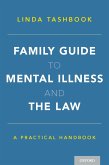Problem-solving courts provide judicially supervised treatment for behavioral health needs commonly found among criminal offenders, including substance abuse and mental health disorders, and they treat a variety of offender populations. These courts employ a team-based approach consisting of a judge, defense attorney, prosecutor, and treatment providers, representing a significant paradigm shift in how the justice system treats offenders with special needs. Despite the proliferation of problem-solving courts, there remains some uncertainty about how they function, how effective they are, and the most promising ways to implement problem-solving justice. Problem-Solving Courts and the Criminal Justice System provides a comprehensive foundation of knowledge related to problem-solving courts and the role they play in the United States criminal justice system. The book begins with an overview that explores precipitating factors in these courts' development, relevant political influence, and their history, purposes, benefits, and drawbacks, followed by a detailed discussion of specific types of problem solving courts, including drug courts, mental health courts, and veterans courts, among many others. Next a review of the legal and ethical considerations of alternative methods to standard prosecution is complemented by an examination of the methodological challenges faced by researchers when attempting to study the effectiveness of problem-solving courts. The book concludes with a discussion of future directions in terms of research, practice, and policy relating to these courts in the United States. Problem-Solving Courts and the Criminal Justice System is appropriate for professionals, researchers, and students in the fields of mental health, criminal justice, and law.
Dieser Download kann aus rechtlichen Gründen nur mit Rechnungsadresse in A, B, BG, CY, CZ, D, DK, EW, E, FIN, F, GR, HR, H, IRL, I, LT, L, LR, M, NL, PL, P, R, S, SLO, SK ausgeliefert werden.









